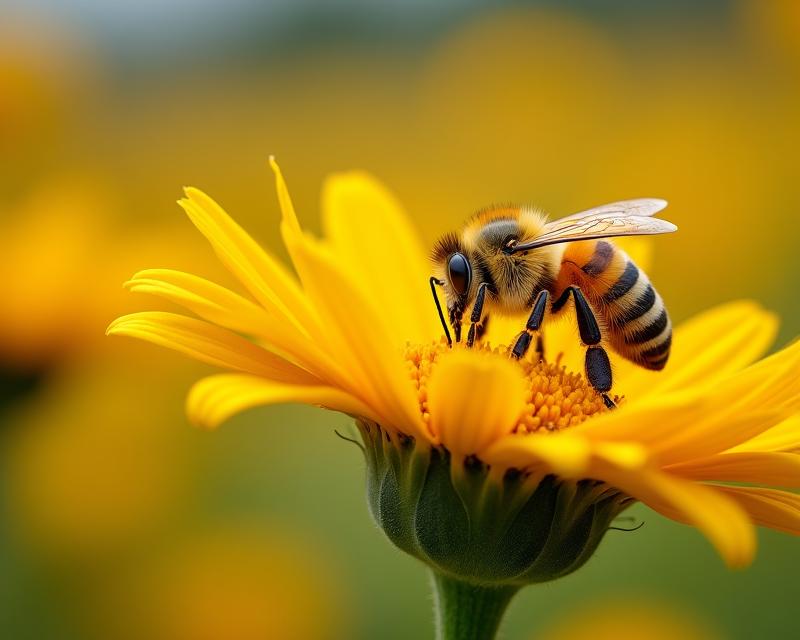Pesticides & Pollinators: A Delicate Balance
Publish in Sustainable Farming el 05/07/2025 02:27
Pesticides & Pollinators: A Delicate Balance
As farmers, gardeners, and ranchers, we all strive to protect our crops and livestock. Pesticides are often seen as a quick solution to pest problems, but it's crucial to understand their wider impact on our ecosystems. Specifically, the use of synthetic pesticides poses a significant threat to pollinators like bees and butterflies – creatures vital for the health of our farms and gardens.

The Impact on Pollinators
Pollinators are responsible for the reproduction of many of the fruits, vegetables, and nuts we rely on. Bees, butterflies, moths, and other insects transfer pollen from one flower to another, enabling fertilization. Synthetic pesticides, however, can have devastating effects on these essential creatures. Many pesticides are toxic to pollinators, causing disorientation, impaired navigation, weakened immune systems, and even death. Even low levels of exposure can disrupt their foraging behavior and reduce their ability to find food and reproduce.
The Decline of Beneficial Insects
The problem doesn't stop with pollinators. Synthetic pesticides don't discriminate; they often harm beneficial insects too – the natural predators that help control pest populations. Ladybugs, lacewings, and parasitic wasps are all valuable allies in the fight against crop pests. When these beneficial insects are exposed to pesticides, their populations decline, leading to an imbalance in the ecosystem. This can result in pest outbreaks and a greater reliance on even more pesticides, creating a vicious cycle.
What Can We Do?
Fortunately, there are alternatives to relying solely on synthetic pesticides. Integrated Pest Management (IPM) is a holistic approach that emphasizes prevention and uses a variety of methods to control pests, including crop rotation, biological controls (like introducing beneficial insects), and resistant crop varieties. Consider using organic pesticides or natural pest control methods whenever possible. Even small changes, like planting pollinator-friendly flowers and providing habitat for beneficial insects, can make a big difference. By adopting more sustainable practices, we can protect our pollinators, maintain healthy ecosystems, and ensure the long-term viability of our farms and gardens.





